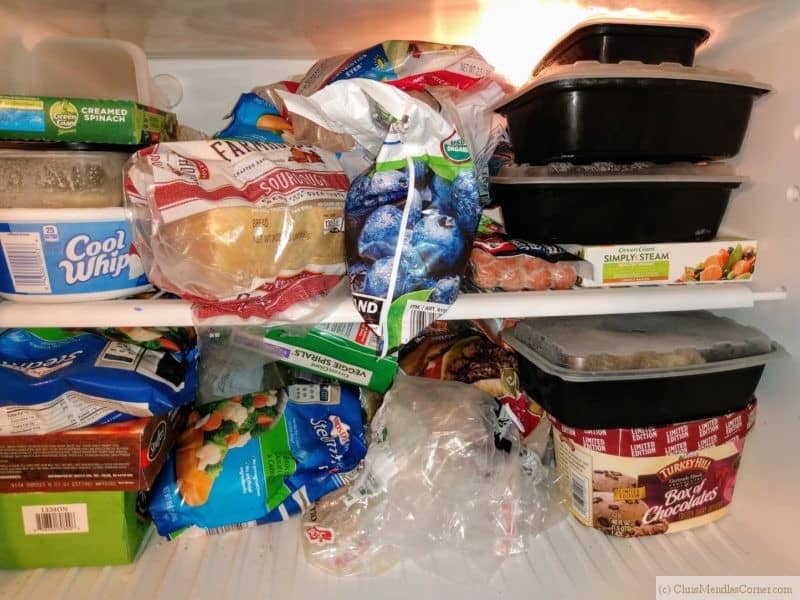Fourth in a series of thoughts about the Covid-19 pandemic. Question everything, Fresh meat and fish, Covid-19 and freezers.
We are now in April and it seems we are locked down for at least another 30 days. Cases are hitting closer to home. Here are some thoughts and tips.
Question everything and continuously reevaluate your situation.
Don’t believe everything you hear. For example, there might be an article saying “Gloves aren’t necessary” or “Gloves make things worse”. Gather all the information you can and think about things. Apply some filters:
- Does what you read make sense?
- Does the source have an agenda?
- What are the pros and cons if you follow the advice?
- Is the advice current or is it based on outdated information
In other words, this IS a survival situation. Gather information, process it, and evaluate it.
Fresh meat and fish
I mentioned in the first set of tips that it would be a good idea to avoid lunch meat. I avoid it anyway but my mom wanted some. Instead of ordering from the counter or purchasing the pre-sliced meat, I picked up 2 packages of ‘factory’ lunchmeat.
I just found out yesterday that a worked in the deli where I shop tested positive for Covid-19. It turns out that avoiding fresh sliced lunchmeat was a smart move.
That brings us to fresh meat and fish. At first my girlfriend thought that would be fine because the workers wear gloves. BUT if they touch a contaminated surface, then the gloves are contaminated. That means that the packaging and the meat itself could be contaminated.
This doesn’t mean you should avoid meat. What it means is that when you get it home, you have to act as though it is contaminated. I don’t think there is a protocol for this but here is what I will do until I revise the procedure.
- After you remove it from the wrapping or packaging, discard the packaging carefully.
- Rinse the meat thoroughly. You can’t use soap but you can probably get a good deal of any particles off the meat.
- Put the meat on a clean plate.
- Disinfect the sink and thoroughly wash your hands.
- When you go to cook the meat, use utensils and then treat them as contaminated and clean them thoroughly.
- Once the meat is cooked, that SHOULD kill any virus particles.
Every gun is loaded == every surface is contaminated.
The late Colonel Jeff Cooper published a set of rules for firearms safety. People who follow these rules have little to no chance of accidentally killing themselves or others. The first of Col Cooper’s rules can be paraphrased for Covid-19
The first rule of safe firearms handling is “All guns are always loaded. Even if they are not, treat them as if they are.”
I think that we need can paraphrase that as “All surfaces and people you meet are contaminated. Even if they are not, treat them as if they are. “
In other words, use gloves, masks, and careful protocols. Wash your hands as though you just squeezed a steaming pile of doberman poo through your fingers.
Beware of your freezer
One of the videos on safe food handling by a doctor claimed that, in general, coronaviruses can live for two year in freezing temperatures.
That means that food containers and packaging must be disinfected before putting it in the freezer. Be careful as you don’t want to poison your food with disinfectant but you do want to make sure it is virus free.
Remember that when you go to use that food a couple of months from now, TREAT IT AS CONTAMINATED. Use the procedures described above because that cut of meat from the meat section was handled by a person. You sanitized the outside before you put it in the freezer but you did not sterilize the inside.
This suggests that coronaviruses survive better on surfaces at colder temperatures. It is also expected that the virus would survive being frozen.
https://covid19.nj.gov/faqs/coronavirus-information/about-novel-coronavirus-2019/will-the-coronavirus-survive-in-the-refrigerator-or-freezer

